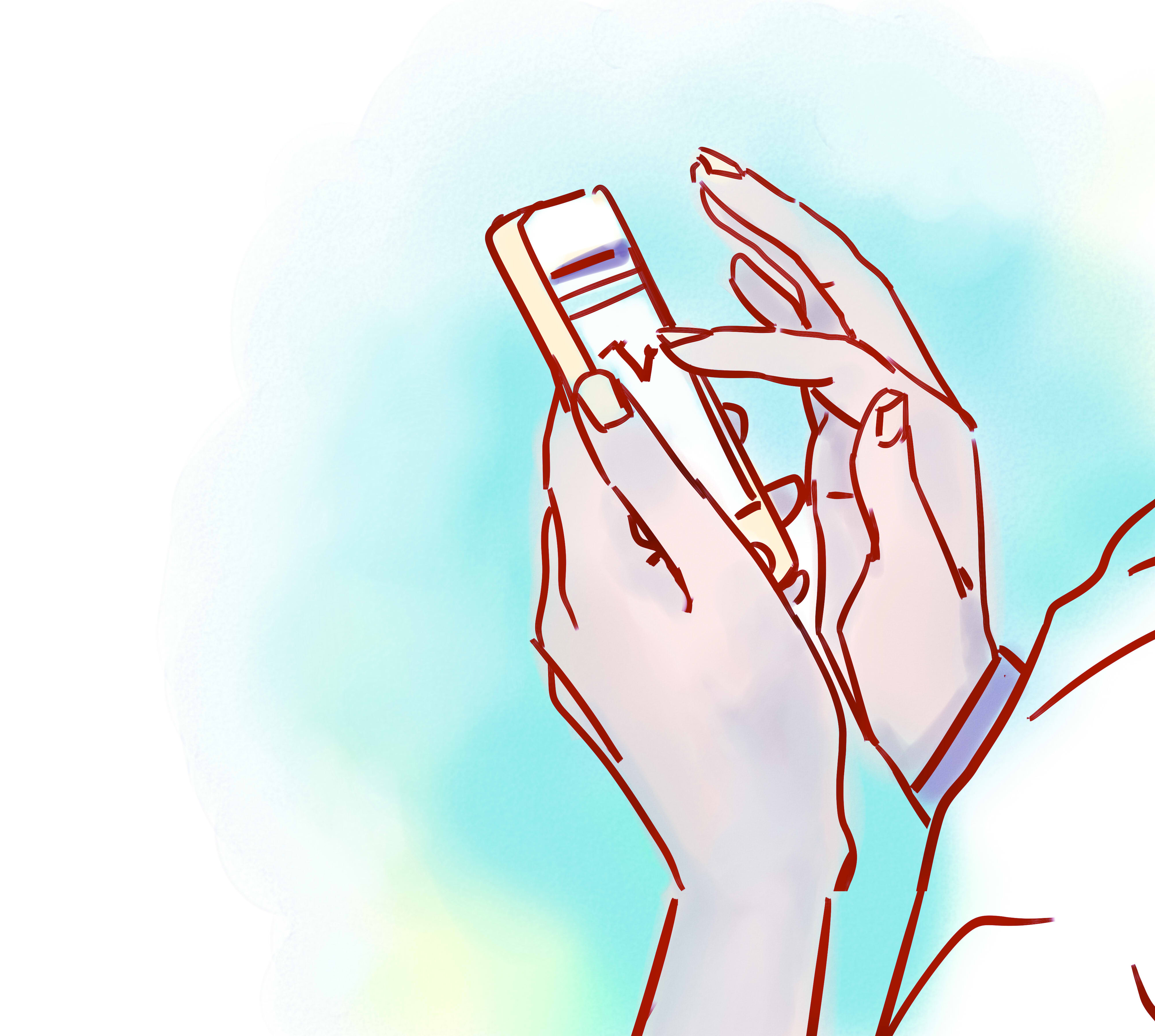
There is an app for everything, it seems — even clinical studies.
Researchers at the Yale School of Medicine have launched an iPhone application for a clinical study that will better examine quality of life for people suffering from or at risk for cardiomyopathy, a condition in which the heart muscle and its function are abnormal, making it difficult for sufferers to participate in strenuous physical activity. The survey-based app, released at the end of September, is called the Yale Cardiomyopathy Index. Michele Spencer-Manzon and E. Kevin Hall, researchers at the School of Medicine, developed the app using the ResearchKit library — an open-source software framework that assists developers in creating iPhone apps for medical research. The team spent five months creating the app, a process that involved coding, developing consent procedures and setting up a secure server on which to store study participant information, Spencer-Manzon said. According to the developers, the app will help assess the condition in patients and help them better understand how to improve their quality of life.
According to the Centers for Disease Control and Prevention, as many as one in 500 adults may suffer from cardiomyopathy. The disease is often caused by a genetic component, particularly in pediatric cases, Hall said.
Researchers hope the app will yield information about how cardiomyopathy impacts quality of life, Spencer-Manzon said.
“It is harder in the time we have in the visit to capture a patient’s experience of illness, and we know that understanding this is critical to how [patients] do,” said Spencer-Manzon.
To better quantify participants’ quality of life from day to day, the app asks questions including how far participants can walk in six minutes, or how they rate their ability to manage everyday tasks that require physical activity, Spencer-Manzon said. She added that these measures are specific to quality of life in patients with cardiomyopathy.
The app’s questions vary depending on the age of the participant, which can range from two to 80, and the survey is retaken several times over the period of a year. For children ages two to seven, parents fill out the survey. Older children fill out the survey themselves, with additional survey components to be completed by parents and physicians.
The team of two is the smallest yet to develop a research-based app using ResearchKit, according to the researchers involved. Hall, who has computer programming experience, personally wrote the app, typing some 15,000 lines of code.
“[Writing the app ourselves] allowed us to pivot much more quickly during development,” Hall said. “If we decided a first attempt didn’t work well, we just changed it.”
Although open-source, the ResearchKit platform currently only works with Apple devices, and there is concern that there may be bias in the population with Apple devices, Hall said. He added that he also expects there to be selection bias in those participants who have sufficient interest in their own health to find and enroll in such trials.
Another more general concern involves fostering and retaining participant interest in clinical study apps, particularly those apps studying more specific or rare diseases. Hall noted that the first five apps released via ResearchKit received significant press and participants, with a drop-off in sign-ups for subsequent apps.
Ultimately, the researchers hope that the Cardiomyopathy Index will allow them to reach more participants over a wider geographical range at lower costs.
“If we can see what factors are influencing our community as a whole, we can help better take care of patients,” Spencer-Manzon said. “Maybe there are things we could be doing better.”
Hall said he hopes that in the future, such clinical trials will also include a means for users affected by a study’s condition to share experiences and communicate with each other.
“I think in five years we’ll know a lot more about the benefits and shortcomings of mobile-based medical research,” Hall said. “If we can come to a point where we both facilitate medical research, but also facilitate participants to form supportive communities amongst themselves, I think there will be great promise [in this form of technology].”
The Yale Cardiomyopathy index can be downloaded from the App Store on Apple iPhones.







